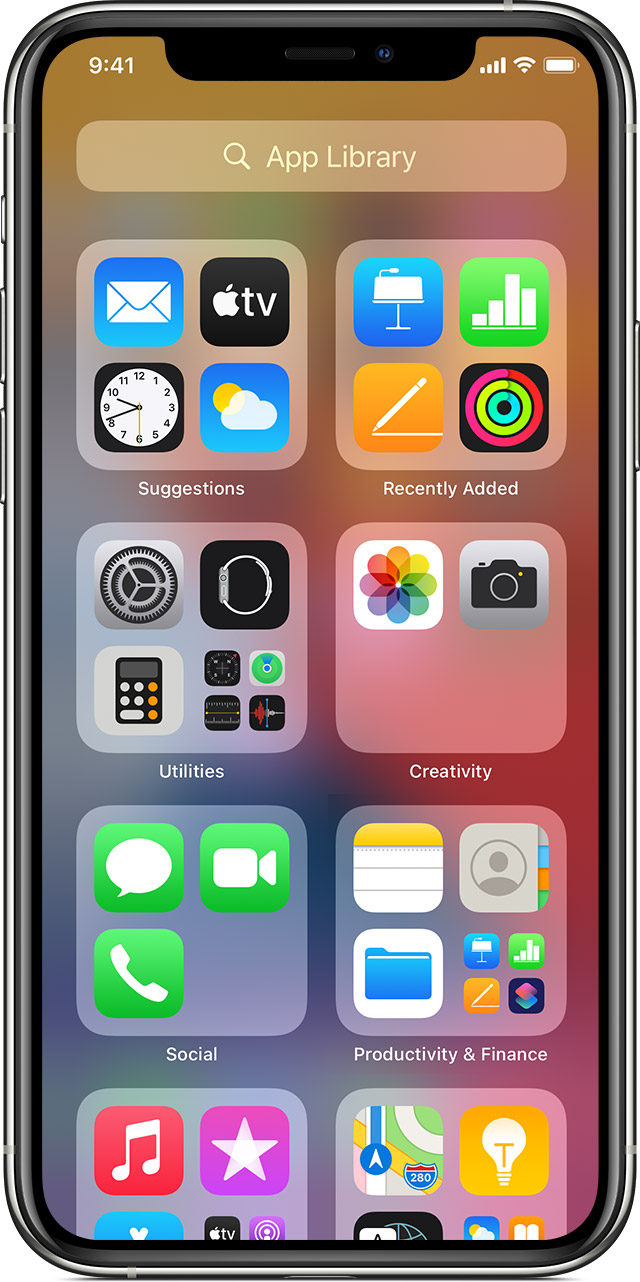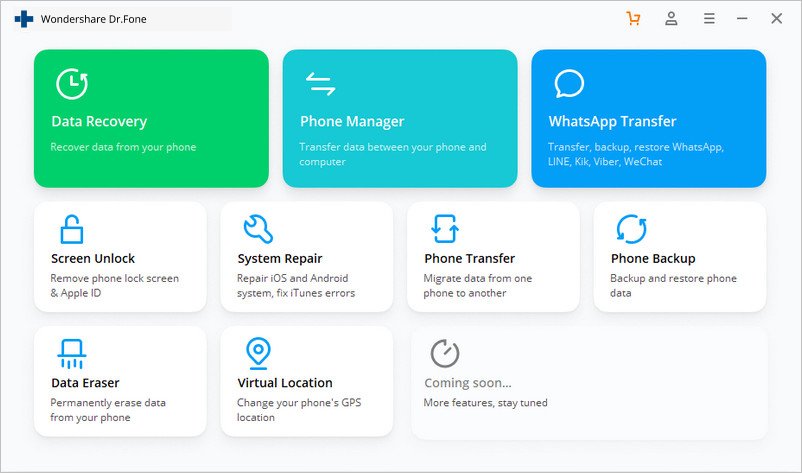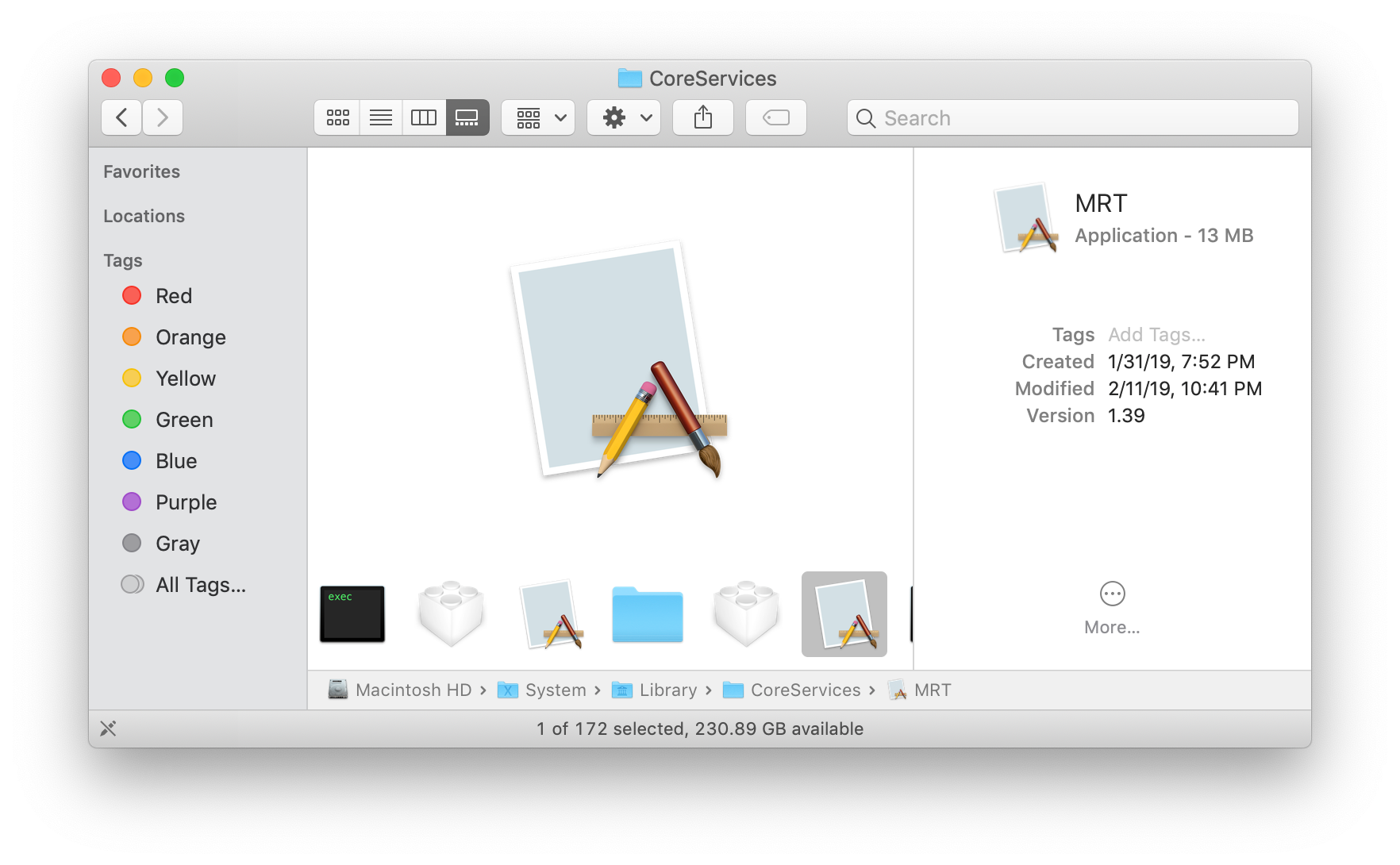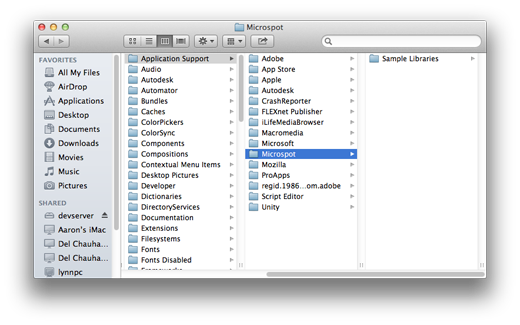- Photos App Repair Library In New York
- Photos App Repair Library In Windows 10
- Photos App Repair Library Mac
Applies to all new macOS: 10.15 (Catalina), 10.14(Mojave), 10.13 (High Sierra), 10.12, and old Mac OS X like 10.11 (El Capitan), 10.9, etc.

Jul 05, 2021 Apple provides a repair tool to address a corrupt Photos library. The repair tool examines the library's database and repairs any conflicts it senses. Depending on the magnitude and size of your library, the whole process could take a bit of time. When the process is done, Photos opens the library again, with your files intact. Photos is Apple's photo-management app that recently replaced iPhoto with the release of OS X Yosemite 10.10.3. It certainly gets the job done, but it can still be prone to errors once in a while.
The article provides full solutions to recover photos after Photos Library corruption and fix the corrupted Photos Library:
| Workable Solutions | Step-by-step Troubleshooting |
|---|---|
| Part 1. Recover lost photos after Photos Library corruption | Fix 1. Restore lost photos with EaseUS Mac data recovery software in three steps...Full steps |
| Part 2. Repair corrupted Photos Library | Step 1. Close Photo Library if it's opened. |
Photos Library corrupted, help me restore my photos, please.
'Hi there, can anyone of you tell me how to restore my lost photos on Mac? The Photos Library corrupted suddenly. All my photos stored in the Photos Library all disappeared. What can I do?
Please help me. And this is important for me to recover photos. Any solutions or suggestions are all welcomed.'
How many of you guys are facing Photos Library crash or corrupt problem and unable to restore photos? Here EaseUS software provides effective methods to prevent similar problems from happening again, follow to repair Photos Library, and recover all photos on Mac immediately.
Tip: Back up photos in case of losing them
If you didn't lose photos, the best choice is to backup them first. When unexpected troubles happen to your photos, you'll still have the backups. Here we recommend you to use Time Machine to backup all important photos and other data on Mac:

1. Click Time Machine and choose Set Up Time Machine.
2. Click Select Backup Disk or select locations (an external storage device is preferable) back up photos, and then click Use for Backup.
You can also copy photos and files one by one and paste them to another storage device where you want to store the backups. Be patient and careful while copying and pasting.
Part 1. Recover lost photos after photos library corruption
If photos lost due to Photos application or Photos Library corruption, you have two ways to restore the lost photos: 1. Restore lost photos with Mac data recovery software; 2. Retrieve Photos Library with photos from Times Machine backup.
Method 1. Restore lost photos with EaseUS Mac data recovery software
If you didn't create a backup of Photos Library in the Time Machine, you'll need Mac data recovery software to help. We recommend you try EaseUS Data Recovery Wizard for Mac which supports recovering photos from corrupted Photo Library and even worse situations.
Step 1. Launch EaseUS Data Recovery Wizard for Mac, hover the mouse over the system drive where the Photos Library is, and click 'Scan'.
Step 2. After finishing the scan, click 'Photos' in Quick Access. All your lost photos will list here.
Step 3. Double-click to preview the photo, select the right one and click 'Recover' to save the photos to another secure location on Mac.
Method 2. Restore corrupted Photos Library with photos from Time Machine backup
If you've created a backup of Photos Library with Time Machine, follow the steps below to restore Photos Library and all lost photos:
1. Connect Time Machine backup drive.
2. Click Time Machine in the Dock and enter Time Machine
3. Find backups - your photos then click Restore to recover lost photos.
Part 2. Repair corrupted Photos Library
If the Photos behaves unexpectedly or Photos Library corrupts, follow the next steps to start repairing Photos Library with Photos library repair tool:

Step 1. Close Photo Library if it's opened.
Step 2. Relaunch Photo Library by holding Command + Option key.
Step 3. Click 'Repair' when the 'Repair Library' dialog pops up and asks whether you'd like to repair the library.

You might be asked to enter your account and password to authorize the library repair. And the Repair tool will analyze the database of Photos Library, repair detected errors.
If your Photos library is automatically updated with iCloud Photos, the entire contents of the library will re-updates with iCloud when the repair process completes.

Bonus Tip: Create a new Photos Library
The other alternative way to repair the corrupted Photos Library is to create a new Photos Library on Mac. By doing so, you'll have your Photo Library back and reuse it to edit your photos again:
Step 1. Hold the Option key and double-click the Photos icon in the Applications folder (or click the Photos icon in the Dock).
Step 2. In the Choose Library dialogue, click Create New.
Photos App Repair Library In New York
Step 3. Type a library name and choose a location to store the library. Click OK to confirm.
If you use the Photos app to view pictures stored on your Windows 10 computer, you probably have noticed that normally it displays all pictures it can find on the PC. What if you don't want some of the pictures to be visible in the Photos app? This article will explain how to do that.
The most important thing to understand about how the Photos app finds the pictures to display is that it does NOT look for the image files stored on the hard drive directly. Instead, it uses information from the Windows search index: if it finds information about an image file in the search index, it uses it to display the image. So in order to prevent an image from appearing in the Photos app, we need to find a way to remove information about that image file from the search index.
Windows 10 offers just a tool for that: from the Start menu, open Settings, and there select Searching Windows. You should get to the screen that lets you control the folders that Windows search includes or excludes in its index. The amount of control that you have depends on the type of your user account: some features are only available to the administrators, and not to the standard users. Regardless, you should be able to open the Advanced Search Indexer Settings:
Opening the Advanced Search Indexer Settings
Another thing to understand about Windows search index that you cannot exclude individual files from it, you can only exclude folders. If you tell Windows to exclude a certain folder from indexing, then all files in that folder will be excluded. So, unless you have already done so, you should first create a folder for the image files that you want to be hidden from the Photos app, move the images files you want to be hidden in that folder, and then tell Windows to exclude that specific folder from its index.
For example, suppose, for whatever reason, you don't want the pictures of your cats to appear in Photos app. Open File Explorer, navigate to the Pictures folder, and create a new folder there with the appropriate name (Cats in our example). Move the image files of the cats into that folder (drag-and-drop should work just fine for that). Use the Folders link of the Photos app to navigate to the Cats folder to check that the images you want to hide are actually there:
Now return to the Indexing Option screen we've discussed above and press the Modify button. When the Indexed Locations screen opens (see below), navigate to the folder you want to exclude (do not use the check boxes for that, use the little arrows to expand and collapse folders as needed.) For a folder in your Pictures folder, expand Local drive C:, then Users, then locate your user name and expand that folder, and finally expand Pictures. The folder we want to exclude from the index (named Cats in our example) should appear there. Now clear the check box next to the Cats folder, and that will tell Windows to exclude it from the search index (only the folders that have the check marks next to them are indexed.)
Press OK to close the screens you've opened and ... wait. Yet another thing to know about Windows search index is that it's picky about getting itself updated. Oftentimes, when Windows detects that you are actively using your computer, it delays the updates to its search index until your activity stops or slows down. Other times it may update the index almost immediately after you make changes to it. If you are an administrator of the computer, you can try to force Windows to rebuild the search index: on the Indexing Options screen, press Advanced, and then use the Rebuild button:
However, even forcing to rebuild the index sometimes does not make it happen soon enough. If you've waited a few minutes and nothing seems to change in the Photos app, try restarting the computer and check the Photos after that. Eventually, Windows index should catch up with the changes you've made, and the Photos app should stop displaying the images from the excluded folder. If it does not, consider moving the Cats folder out of the Pictures area altogether. For example, create a Cats folder in the root of the C: drive, and move the pictures there. This should force Photos app to refresh and remove the images from the view.
Password-protect and hide personal files and folders with Folder Guard for Windows 10,8,7, and XP.
User rating: 4.6/5
Purchaseor download a free trial.Read more...
Photos App Repair Library In Windows 10
That's nice, you might say, but what about other apps and File Explorer itself? Even if the images are not visible in the Photos app, anyone could still navigate to the Cats folder with File Explorer and see the images there. If you want to prevent that, excluding the folder from the search index is not enough, you need to protect access to the folder in some other way. Of course, we would be fools not to take this opportunity and suggest that our software Folder Guard was designed for just such a task! You could use it to add a password to the Cats folder, and any time someone would want to look into it with File Explorer, they would need to enter that password first. Check it out!